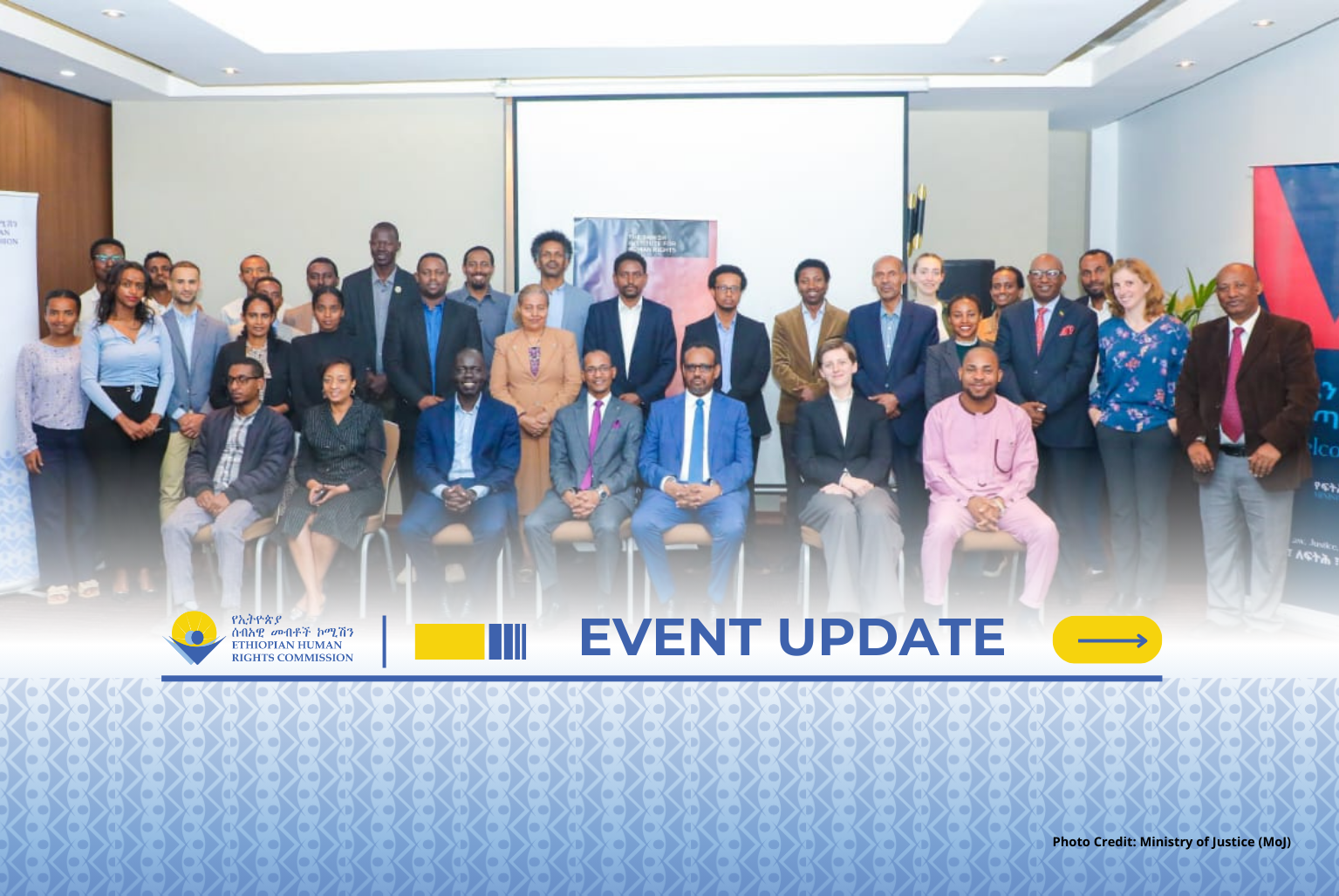The Ethiopian Human Rights Commission (EHRC) in collaboration with the Ministry of Justice, the Danish Institute for Human Rights and Friedrich-Ebert-Stiftung, organized a two-day series of workshops on April 8-9, 2025, focused on the development of Ethiopia’s National Action Plan (NAP) on Business and Human Rights and its methodologies. The events brought together members of the National Action Plan Technical Committee, including representatives from government ministries, the Confederation of Ethiopian Trade Unions, the Confederation of Ethiopian Employers’ Associations and civil society organizations. International partners in attendance included the United Nations Office of the High Commissioner for Human Rights, the Danish Institute for Human Rights and Friedrich-Ebert-Stiftung.
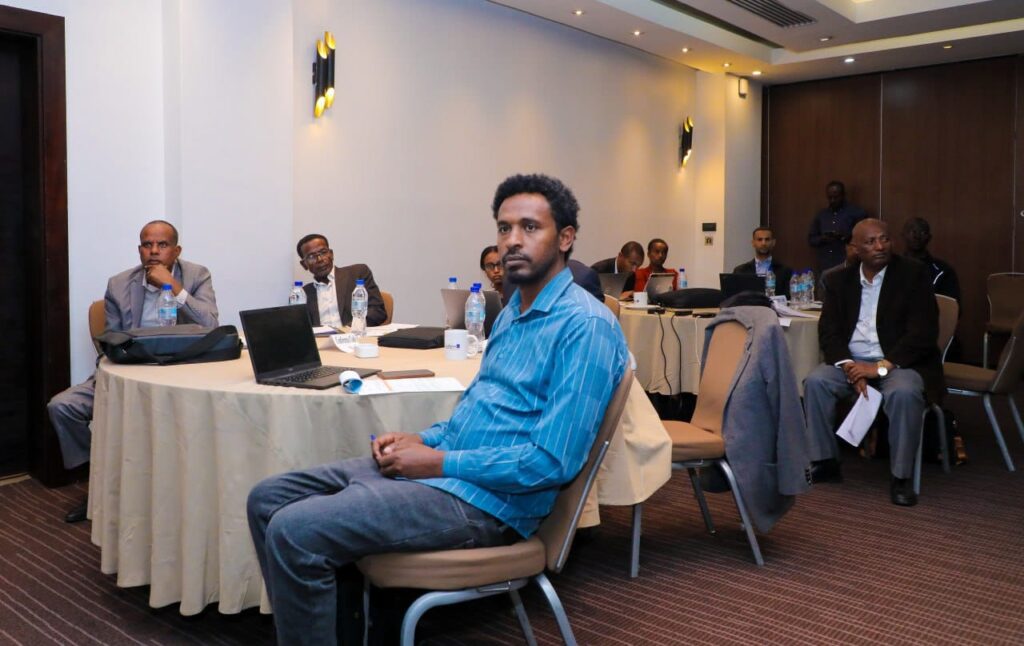

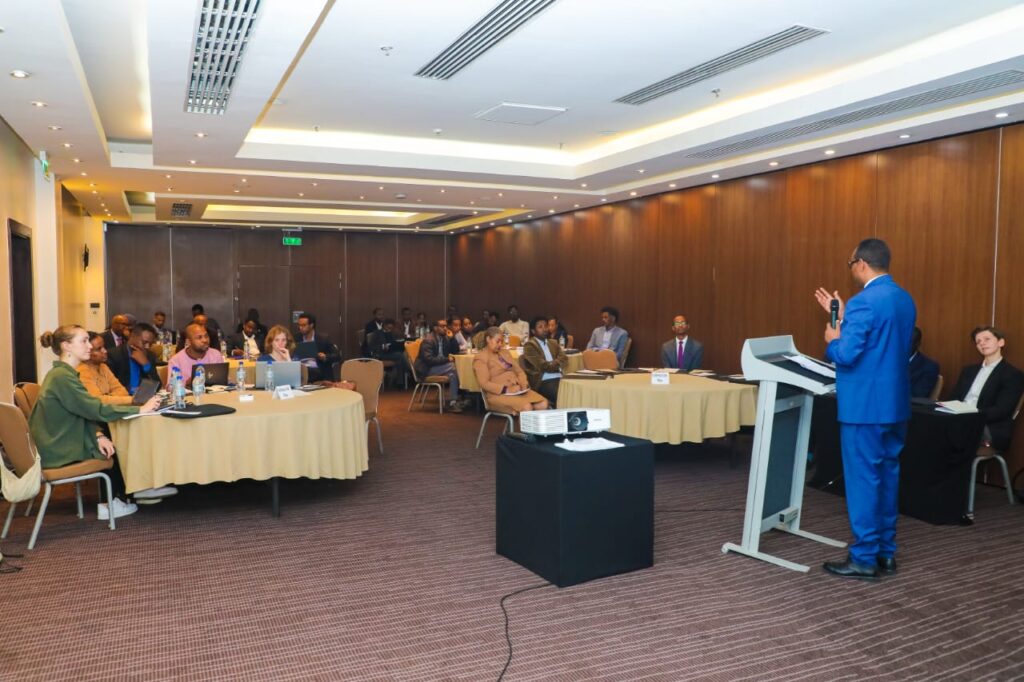

The workshops aimed to facilitate dialogue on the draft National Baseline Assessment (NBA) on Business and Human Rights and to explore effective consultation methodologies for the NAP development process. A detailed presentation highlighted the experiences of countries with established action plans and stressed the importance of inclusive stakeholder participation. As part of Ethiopia’s own process, a draft NBA was presented and discussions centered around its key findings and recommendations. Participants provided feedback, raised questions and contributed suggestions to strengthen the roadmap going forward.



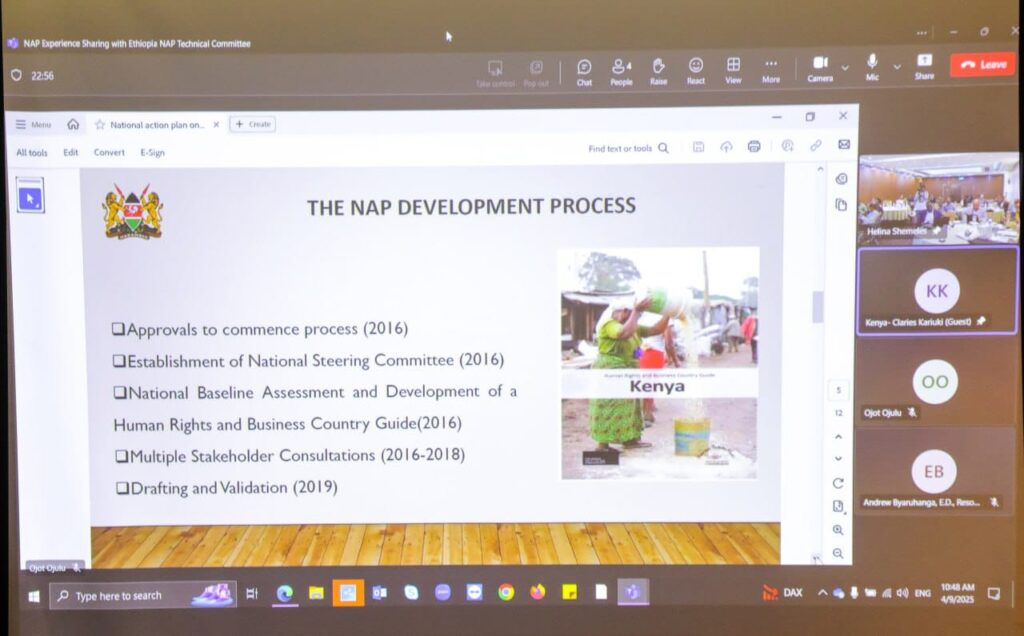
The consultative sessions also focused on best practices for conducting inclusive and effective consultations. Experts from Ghana, Kenya and Uganda shared their experiences, underscoring the need for structured engagement, grassroots participation and meaningful involvement of civil society. They also emphasized the importance of government coordination and stakeholder mapping.
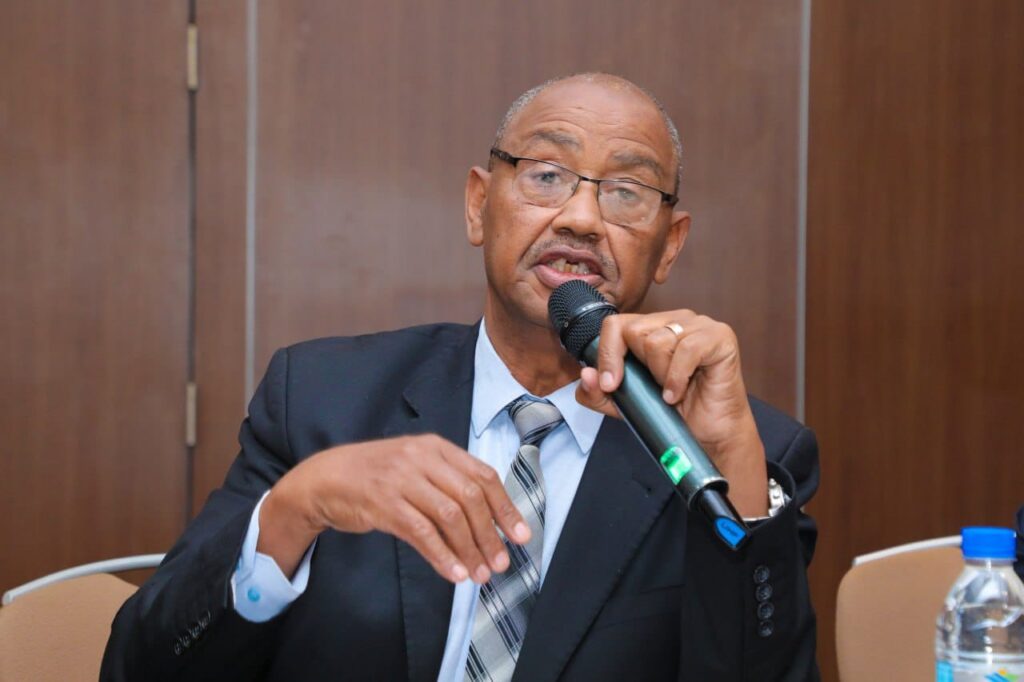
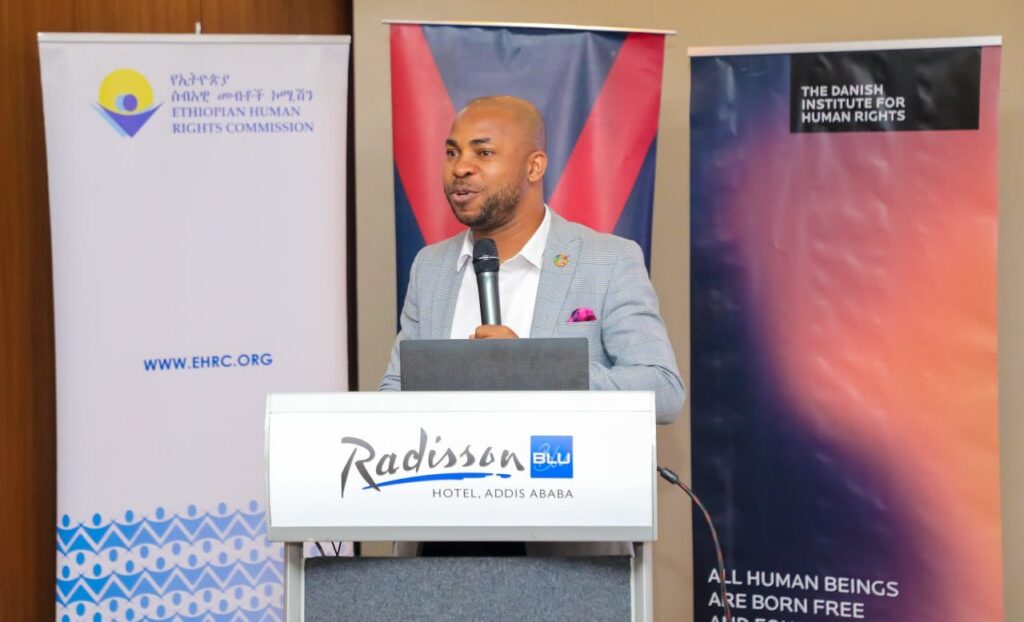

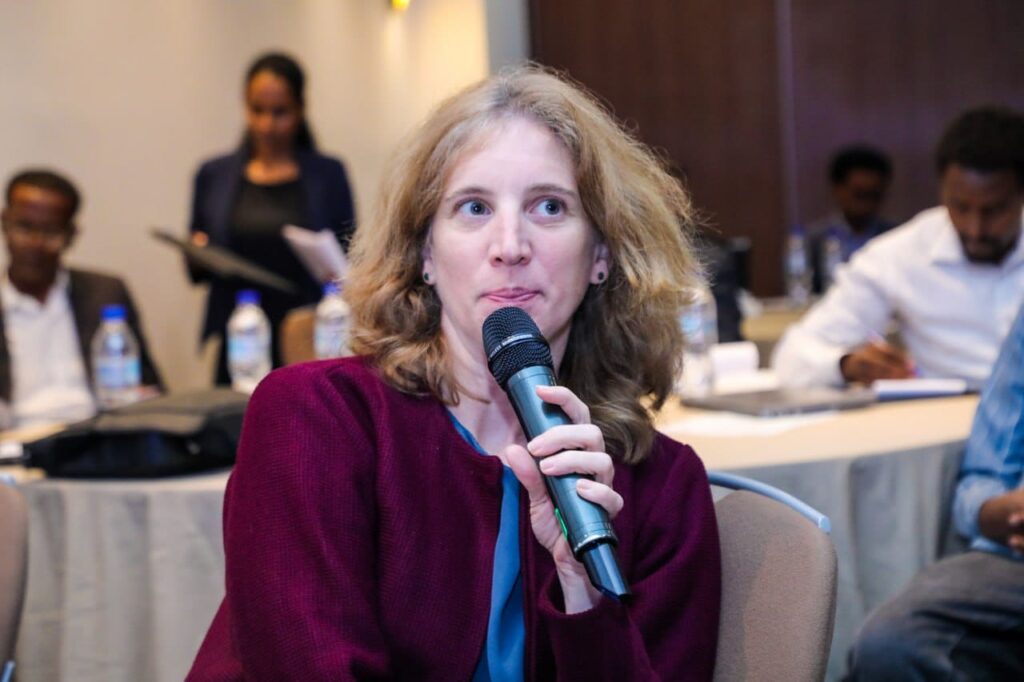
Participants reflected on these insights, highlighting the need to include vulnerable and marginalized groups; particularly women and persons with disabilities in the consultation process. The role of the media in promoting transparency and awareness was also noted, along with the importance of leadership and ownership at both federal and regional levels.
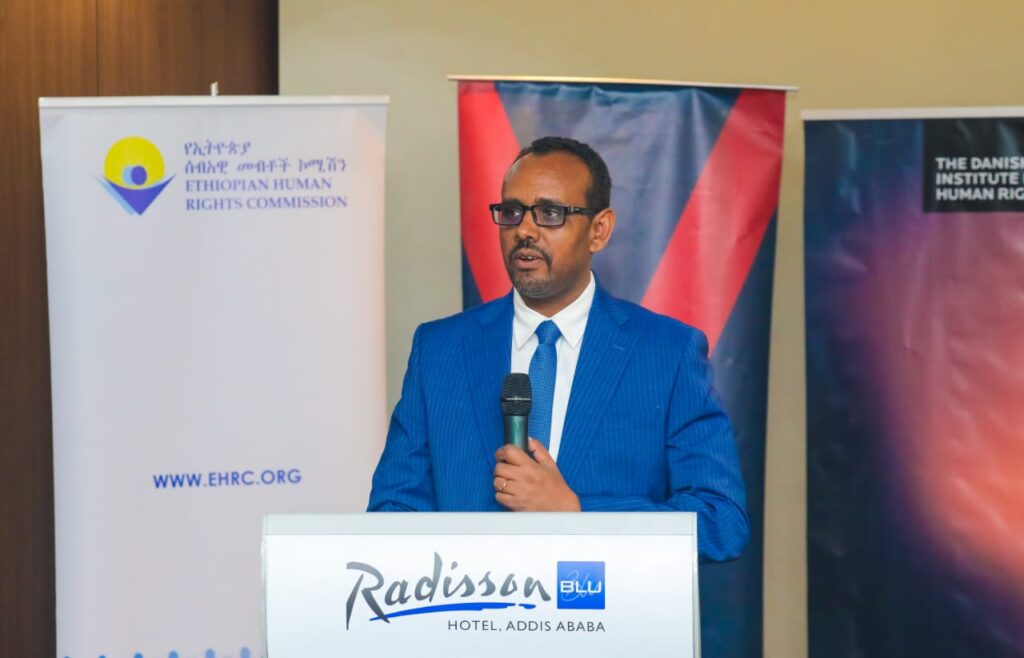
In his opening remarks, H.E. Mr. Belayhun Yirga, State Minister of Justice, described the development of the NAP as a significant step toward integrating international human rights standards into business practices and reaffirmed the government’s commitment to the process.
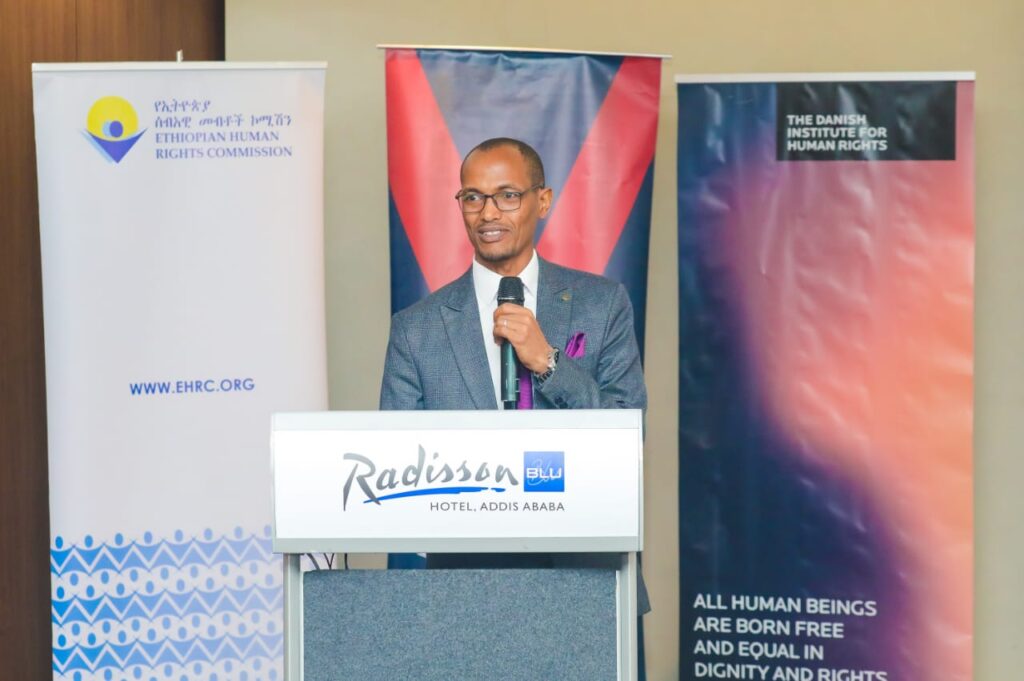
EHRC’s Commissioner for Civil, Political and Socio-Economic Rights, Dr. Abdi Jibril, emphasized the role of business in realizing human rights and reiterated EHRC’s commitment to promoting responsible business conduct and collaboration with the Ministry of Justice and other stakeholders.



The workshops concluded with agreement on the importance of continued engagement, inclusive consultation and strong institutional coordination to ensure the successful development and implementation of Ethiopia’s Business and Human Rights National Action Plan.
